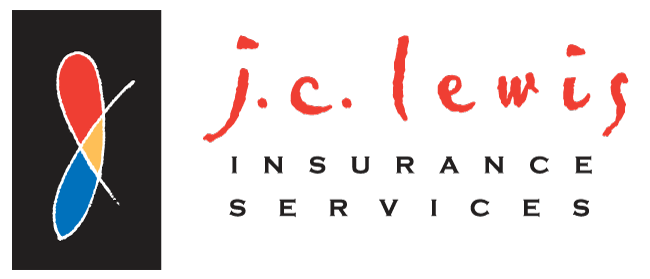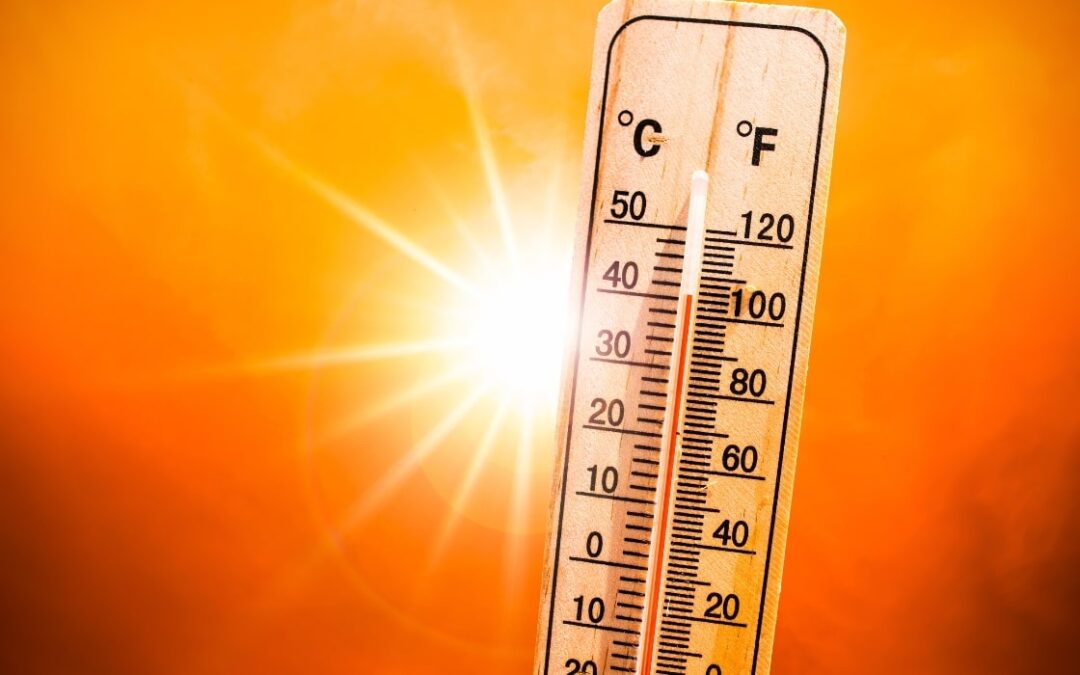As temperatures continue to rise across Arizona, protecting your employees from heat-related illnesses has never been more critical. According to the National Weather Service, Arizona consistently ranks among the hottest states in the country, and heat illness is a real and growing concern—especially for businesses with outdoor or high-heat work environments like construction, landscaping, agriculture, and manufacturing.
As an Arizona employer, you have a legal and ethical responsibility to create a safe working environment. That means not only recognizing the risks of heat-related illness but also taking proactive steps to prevent it. From workplace protocols to health insurance coverage, understanding your role is essential in keeping your team safe and your business protected.
What Are Heat-Related Illnesses?
Heat-related illnesses range in severity from mild discomfort to life-threatening conditions:
- Heat rash: Skin irritation caused by excessive sweating.
- Heat cramps: Painful muscle spasms, usually from intense physical activity in the heat.
- Heat exhaustion: Symptoms include heavy sweating, weakness, nausea, dizziness, and rapid pulse.
- Heat stroke: A medical emergency that can cause unconsciousness, confusion, and organ failure if untreated.
The CDC estimates that hundreds of workers become seriously ill from occupational heat exposure each year, and some die. These illnesses are preventable with proper precautions, yet many employers are unaware of their full responsibilities.
Employer Responsibilities Under OSHA
The Occupational Safety and Health Administration (OSHA) does not currently have a specific federal heat standard, but under the General Duty Clause, employers are required to provide a workplace “free from recognized hazards that are causing or are likely to cause death or serious physical harm.” In Arizona, this applies to extreme heat exposure in the workplace.
OSHA recommends the following employer best practices:
- Hydration access: Provide cool, clean water and encourage workers to drink frequently.
- Rest breaks: Schedule regular cool-down periods, especially for new or returning workers not yet acclimatized to the heat.
- Shade or cooling areas: Ensure that workers have access to shaded or air-conditioned spaces for rest.
- Training and communication: Educate employees and supervisors on heat illness symptoms and prevention.
- Monitoring and response: Implement a system to monitor for signs of heat stress and ensure prompt medical attention when needed.
Failing to comply with these responsibilities can lead to OSHA violations, penalties, and in serious cases, legal action. But beyond compliance, it’s simply the right thing to do for your team.
Insurance Coverage and Workers’ Compensation
Heat-related illnesses are typically covered under workers’ compensation insurance in Arizona, as long as the illness can be linked to the employee’s job duties. However, coverage and documentation requirements can vary depending on the policy and the specifics of the incident.
Here’s what you should know:
- Prompt reporting is essential. Encourage employees to report symptoms Late reporting can complicate claims and delay treatment.
- Documentation helps. Keep clear records of your heat safety policies, training, and response actions. This can be crucial in case of a claim dispute.
- Workers’ comp protects both sides. It helps injured employees get the care they need while protecting your business from potential lawsuits or out-of-pocket medical costs.
At J.C. Lewis, we help Arizona employers understand exactly what their workers’ comp policies cover and ensure that you’re adequately protected based on your industry and risk level.
Beyond Workers’ Comp: Other Relevant Insurance Policies
In addition to workers’ compensation, other business insurance policies may intersect with heat-related claims:
- General Liability Insurance could come into play if a third party (such as a subcontractor) is affected on your property and files a claim.
- Health Insurance is essential for preventative care and treatment, particularly for employees with chronic conditions that can be worsened by heat.
- Disability Insurance may be relevant if a heat-related illness results in extended time off or long-term impairment.
During an insurance review, it’s important to examine your current policies to ensure there are no coverage gaps, especially if your business involves outdoor labor.
Tips for Arizona Employers: Reducing Your Risk
To minimize heat illness risk and protect your business, consider these proactive steps:
- Conduct a heat safety audit of your worksite.
- Develop a written heat illness prevention plan.
- Assign a safety manager or team lead to monitor weather forecasts and employee conditions.
- Invest in personal cooling equipment like cooling vests, fans, and electrolyte supplements.
- Regularly review and update your insurance policies to reflect seasonal risks and business changes.
How J.C. Lewis Can Help
At J.C. Lewis Insurance Services, we understand the challenges of running a business in Arizona’s extreme climate. That’s why we go beyond basic coverage—we offer strategic insurance planning tailored to your specific risk profile.
We’ll work with you to review your existing policies, recommend enhancements, and ensure you’re compliant with all relevant state and federal safety requirements. Whether you have a small landscaping team or a large construction firm, we’ll help you build a comprehensive protection strategy that safeguards both your employees and your bottom line.
With rising temperatures and growing awareness around heat safety, it’s time to take a closer look at how your business is prepared. Heat-related illnesses are serious, but with the right preventative measures and proper insurance coverage, they’re also highly manageable.
Protect your team. Protect your business. Contact J.C. Lewis Insurance Services today to schedule a review of your workers’ compensation and business insurance policies.




